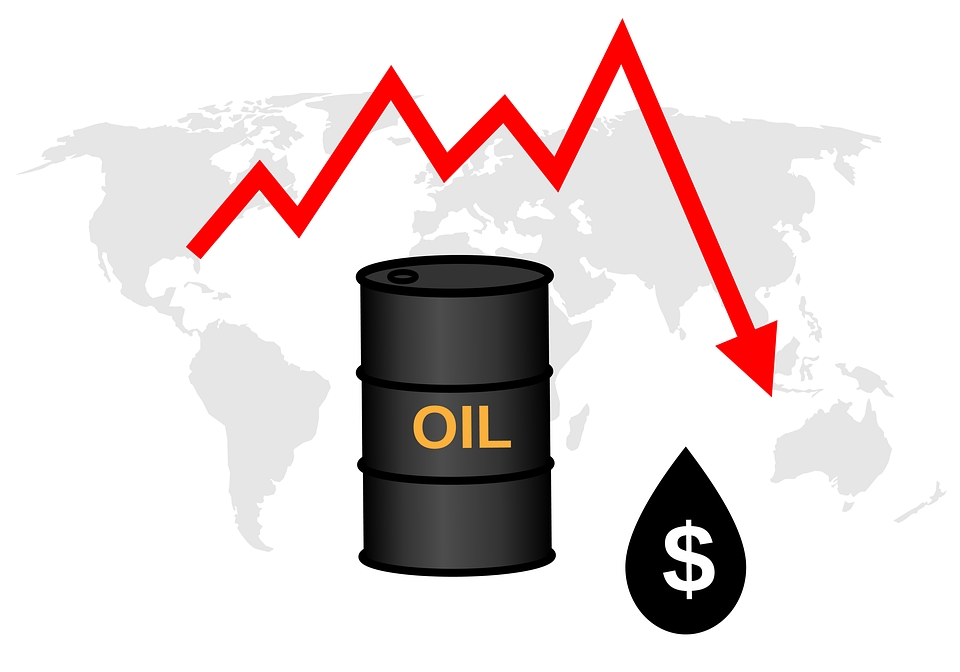




As the global economy has virtually ground to a halt and most institutions are looking to take a short-cut in order to earn an extra dollar, Iran’s government has opted to follow the Islamic paradigm of economics.
As reported by www.oilprice.com, “the issuance of securities appeared on Iranian government-affiliated websites last week and was unsurprisingly ignored by the world’s international media but not OilPrice.com… the order signed last week by [Senior Vice President Is’haq] Jahangiri allows Iran’s state-run companies – which, crucially, includes the biggest players in its oil and gas sectors – to raise up to IRR 65 trillion (US$1.5 billion) through the issuance of Islamic securities (sukuk) internationally. Iranian state companies… the issuers of these Islamic (shari’ah)-compliant bonds will guarantee the repayment of the main capital and the ‘profits’ from the increased production from the same fields (for projects of the Petroleum Ministry) and project revenues (for the projects of the Ministry of Industry, Mines and Trade And the Ministry of Energy). In effect, investors into these sukuk will have their investments underwritten both by the relevant ministries of Iran and, even more enticingly, by the prospect of increased output from some of the lowest-cost, highest-quality, and most abundant oil and gas resources in the world.”
The economic resilience of Iran since it has been sanctioned from the first day of the Islamic Revolution is a strategic challenge to the US established global dominance. Iran’s economic resilience has been accepted even by its detractors.
In March 2020, Washington based al-monitor.com reported that “while the country’s economy will certainly take a massive hit by the ongoing pandemic, Iran has shown resilience toward such crises in the past.”
Courtesy: www.oilprice.com, www.al-monitor.com
